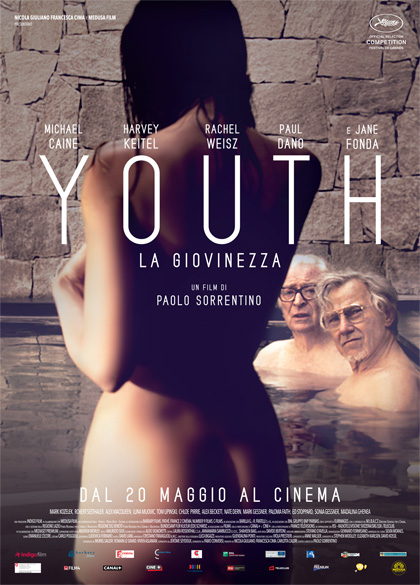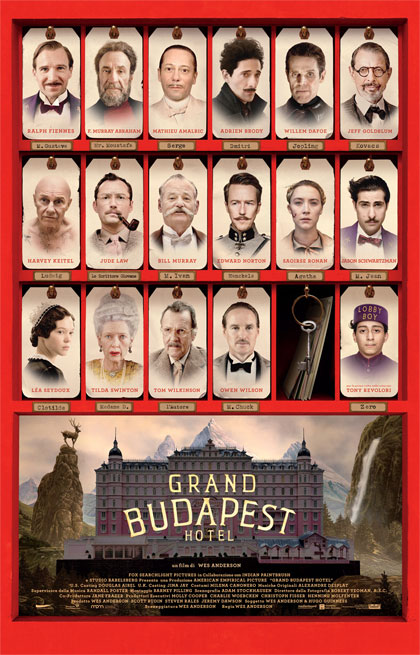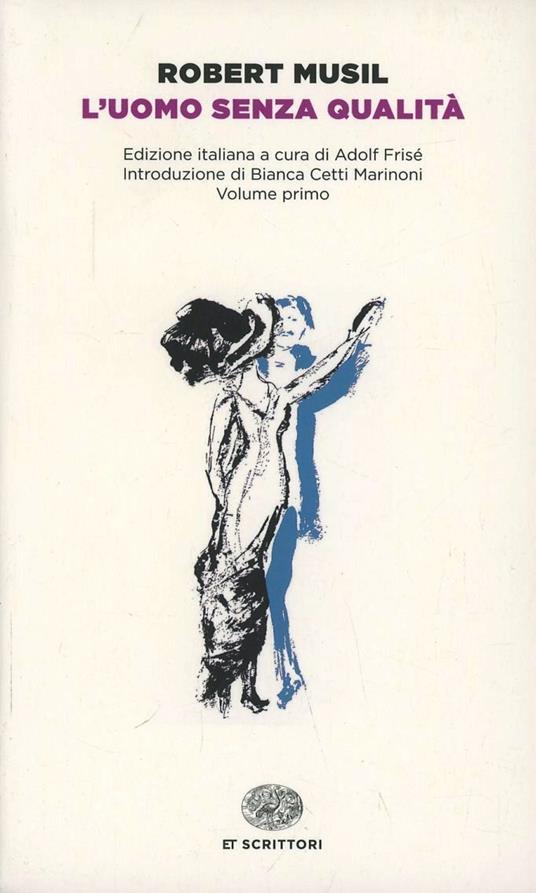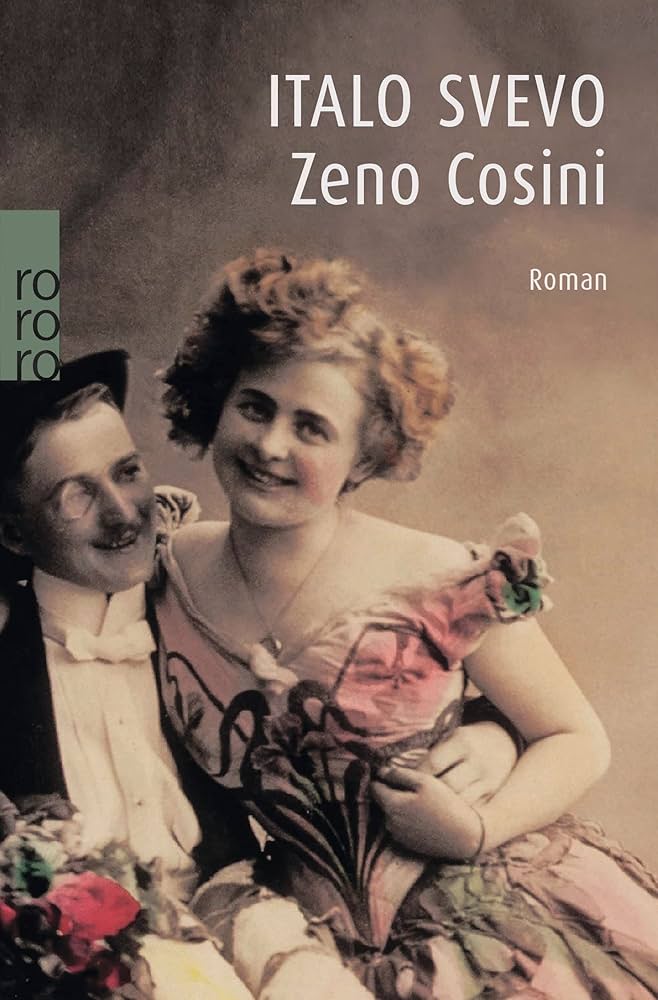In the 1700s, Abano Terme was a lively health resort where the high society of the time would gather; the only building remaining from that period is the Montirone Oratory, located directly behind the AbanoRitz. I read in the Gazzettino that from the second half of the 1700s there is correspondence in which Giacomo Casanova, who had visited the most renowned thermal stations in Europe, wrote about coming willingly to Abano. Reading this article immediately reminded me of how thermae have always held a particular charm in both cinema and literature, often becoming ideal settings for stories ranging from drama to mystery, comedy to romance. Thermal locations provide an evocative backdrop for narratives, representing a place of healing, reflection, or transformation. Thermal resorts have always captured the imagination of writers and directors, offering settings rich in symbols to explore complex and profound themes. Thus, thinking about it, a couple of important and fairly recent films and some 20th-century novels came to mind, but I am sure there are many others, and in this sense, I would like to investigate and receive feedback from my readers.
The two films are:

“Youth – La giovinezza” directed by Paolo Sorrentino, starring great actors like Michael Caine and Harvey Keitel. The thermal baths serve as a metaphor for reflecting on youth, old age, and the passage of time.

“The Grand Budapest Hotel” directed by Wes Anderson, this film is set in a grand imaginary thermal hotel located in an Eastern European country that evokes the nostalgic and charming atmosphere of the old European thermal baths.
For the novels, I thought of:

“L’amante senza fissa dimora” by Fruttero & Lucentini
This novel is largely set in an imaginary spa town. The thermal baths become a place of meeting and intrigue, a microcosm where the lives of various characters intertwine.

“L’uomo senza qualità” by Robert Musil
Musil’s complex and philosophical narrative uses the thermal baths as places of reflection and social gathering.

“Zeno Cosini” by Italo Svevo
Also known as “Zeno’s Conscience,” this novel explores the life of Zeno Cosini, a man from Trieste who frequents various thermal establishments in an attempt to cure his hypochondria and neuroses.










